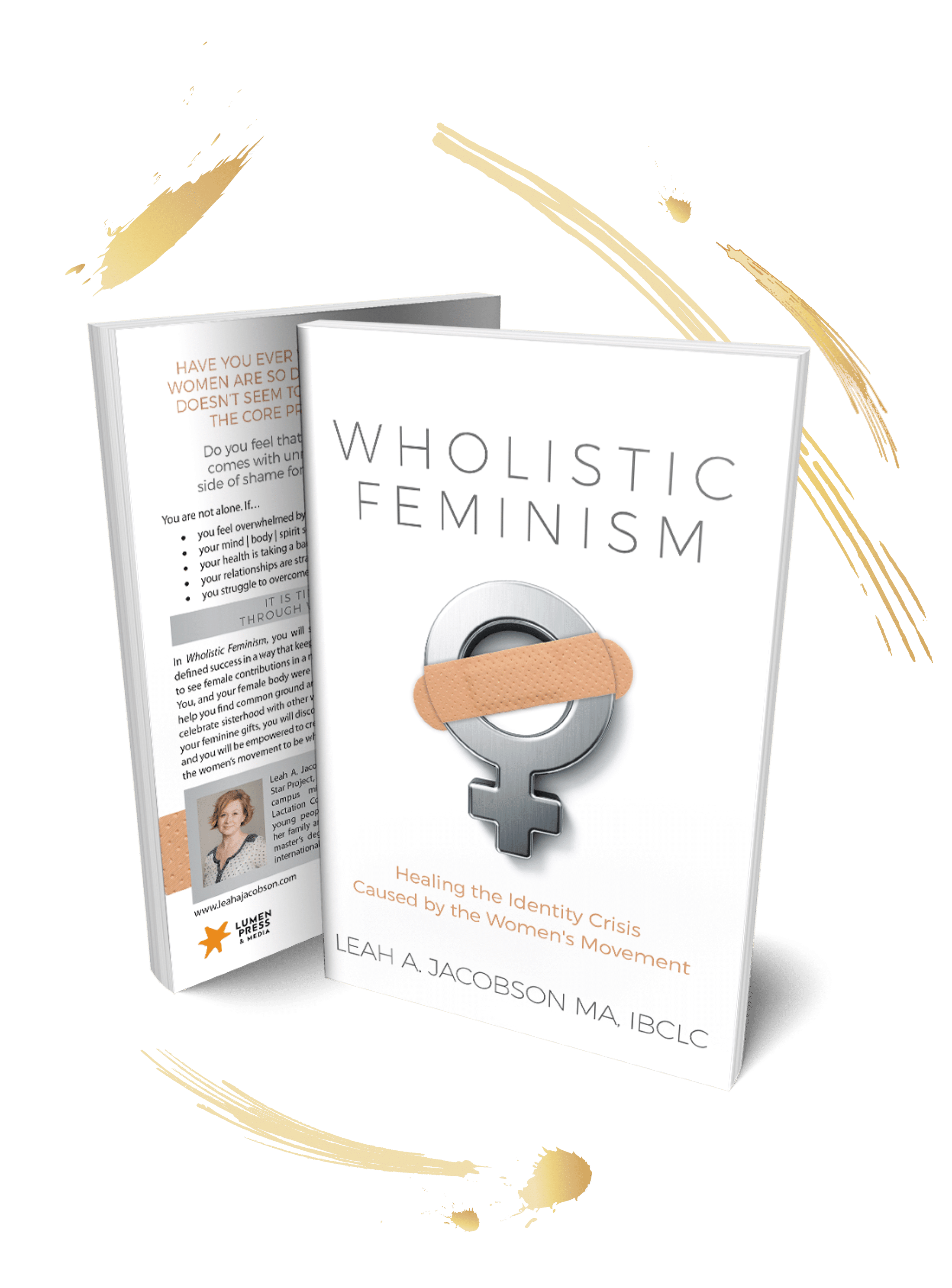
Growing up, I ingested a steady diet of television shows and news broadcasts which championed feminism. This was a type of feminism which pushed women to hide their femininity and embrace a take-no-prisoners career. I was taught that the only way to “get ahead” in my life was to “act and think like a man.” I was urged to be aggressive and single-minded, focused on a professional life that left little time or inspiration for family.
By the time I reached college, I was fully focused on a career in journalism. Journalism professors put forward the idea that, to be successful, we had to be married to our career. In fact, one journalism prof had the audacity to say that if we entered the journalism field, we should expect to be divorced. It was the price to pay in order to win coveted positions as field reporters or nightly news anchors.
When I left secular journalism behind and began advocating full-time for pregnant women and their babies, I was exposed to a philosophy which held that women could be empowered by embracing their life-giving biology. Some women who embraced this philosophy also welcomed the mantle of feminism, while others roundly rejected the term.
Given this background, I was eager to read author Leah Jacobson’s work, Wholistic Feminism: Healing the Identity Crisis Caused by the Women’s Movement. Jacobson argues persuasively for a movement that views women in their entirety: body, mind, and soul. As she eloquently and insightfully writes,
We can only find our whole selves when we consider and make peace with our relationships with men, our bodies, and Mother Nature.
This means an end to the mentality that there is something inherently wrong with the female body.
It also means accepting the female body’s unique life-giving characteristics as demonstrated through fertility, childbearing, and breastfeeding. Jacobson convincingly writes:
Modern feminism has been obsessed with making it possible for women to achieve the same opportunities for success that men have, but it has completely ignored that we are capable of things men could never even hope to achieve with our reproductive abilities. We should be proud of our creative capacity as mothers.

Jacobson advocates for a new brand of feminism, one that respects the unique feminine genius and anatomy: “What if we could check out of this current system and reimagine a new one? A new system that doesn’t require us to alter, suppress, and destroy our natural feminine gifts and bodily autonomy to be successful? Could we create a new type of feminism capable of bringing women true happiness and unity?”
I found Wholistic Feminism to be intriguing and thought-provoking. I can identify with the identity crisis represented by previous iterations of the women’s movement. I long for a better way — one in which women are respected and cherished for all facets of their service — both in the professional world and on the home front. Wholistic Feminism may just be the guidebook which can help us to achieve that dream — not only for ourselves but for our daughters.
Copyright 2021 Maria V. Gallagher
Image: Canva Pro
About the Author

Maria V. Gallagher
Maria V. Gallagher spends her days advocating for women, children, and families. She is the mother of a beautiful ballerina and a member of the worldwide Cursillo movement. In her spare time, Maria likes to blog, walk, sing, dance, and fill the room with laughter. Read her work at MariaVGallagher.com.


.png?width=1806&height=731&name=CatholicMom_hcfm_logo1_pos_871c_2728c%20(002).png)
Comments